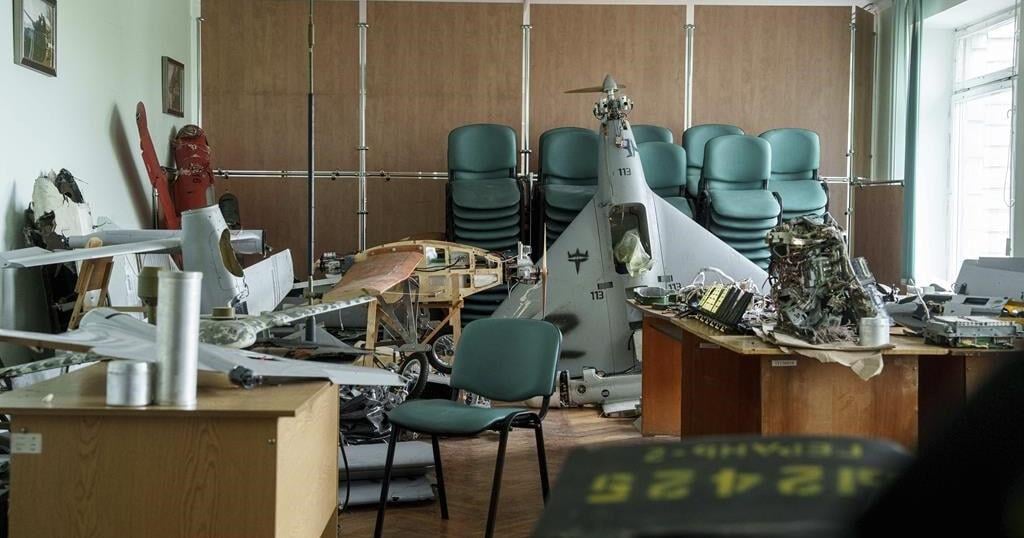“Comfort is the worst addiction.” – Marcus Aurelius
The stickiness of the Internet and social media is largely due to our obsession with convenience. (read: instant gratification) The digital world offers an unimaginably massive and convoluted buffet of conveniences. 24/7/365 access to news and information, instant messaging, unlimited entertainment, and online shopping is accessible through your hand-held device, which is not much bigger than a credit card. In all its forms, the Internet capitalizes on the relationship between convenience and increased consumption.
Advertisers and marketers lost no time capitalizing on the golden opportunity the Internet’s convenience provides to intensify our wasteful 1st world consumerism. Consequently, our world is increasingly dominated by tech companies and apps, enabling us to order takeout, have anything delivered to our doorsteps, and swipe left, hoping to find our soulmate.
As we become more addicted to the convenience of shopping from the comfort of our homes, we’re inadvertently harming ourselves psychologically and environmentally. The Sears Catalogue, founded in 1887, was the Amazon that never grew. 137 years ago, our forefathers could’ve gotten everything by mail. This would’ve made sense since cars weren’t around to make shopping and transporting purchases easy.
So why wasn’t the convenience of shopping from a mail-order catalogue widely adopted?
I don’t know. Was it the 6 to 8 weeks it took to receive your order?
Lately, there’s a lot of talk about loneliness and isolation. The U.S. Department of Health and Human Services released in April 2023 a report titled Our Epidemic of Loneliness and Isolation, which found that even before the COVID-19 pandemic, about half of U.S. adults reported experiencing measurable levels of loneliness.
Would it be a stretch to assume the rise in loneliness is a consequence of our taking advantage of the Internet’s many stay-at-home conveniences? Not so long ago, malls—marketplaces and shopping districts before them—were community-like hubs, akin to town squares, where you met your friends, ran into neighbours, and even made new acquaintances. You saw people, you connected.
Malls don’t only offer a plethora of retail outlets; they also provide social experiences, an experience many people are abandoning, instead opting to shop in the most environmentally damaging way humanly possible: shopping online. Rather than going to the store to try a jacket on to see how it fits and looks, many people now order five jackets online and return four.
Ordering online has a significant negative environmental impact. That ‘must-have’ avocado slicer you bought online will arrive in a box the size of a doghouse, packed with enough bubble wrap to protect a mini fridge.
Those over 50 can remember when shopping wasn’t a daily, let alone a 24/7/365 activity. People used to write something called a shopping list. Then, they went to the store or mall and gathered all the items on their list at once. Then, they took their purchases home, put everything in its place, and felt the satisfaction of a job well done. On the other hand, when you order online, robots and humans, who are treated like robots, pack your Tim Hortons Original Coffee blend, Single Serve Keurig K-Cup Pods, in an oversized box and deliver it to your home along with three other giant boxes, each containing one item, which likely could have been purchased locally. Then we appease ourselves—claim we’re concerned about the environment—by stuffing all that packaging into blue bins like they’re a portal to plastic heaven. According to the Government of Canada website (www.Canada.ca), only 9% of Canada’s plastic waste is recycled; the rest ends up in landfills, waste-to-energy facilities or the environment, such as the ocean.
Shopping online for stuff you likely don’t need, knowing its negative impact on the environment, while crying about the environment is sheer hypocrisy. Every time you click buy it now, a tree gets its wings.
No one wants to think about the child labour in Bangladesh who made the Nike hoodie they ordered off Amazon, the ship, air, rail and truck that transported it, or the landfill the hotdog toaster they bought on impulse—prompted by an ad you saw on Facebook—will eventually end up. We just want that t-shirt that says “Mindful.”
Online shopping is wreaking havoc on our planet’s environment. The kicker is we’ve sold ourselves the false narrative that online shopping is eco-friendly. Making a list, getting off the couch, and getting it is much better for our environment and has the added benefit of meeting people and maybe even finding your soul mate.
Thanks to the Internet, you can go days or weeks without speaking to anyone. Time spent online is time spent being sedentary and not having real-life interactions. Online shopping reduces our social and community interactions, leading to loneliness. I’m sure you’ve noticed, as I have, that social skills, especially amongst the Millennials, Generation Z, and the current Generation Alpha, are deteriorating. You can’t experience all life has to offer sitting on a couch—I know there are exceptions.
Another reason to avoid shopping online is privacy. Going to a store is buying and leaving without creating a trail of cookies and tracking/analyzing.
______________________________________________________________
Nick Kossovan, a self-described connoisseur of human psychology, writes about what’s
on his mind from Toronto. You can follow Nick on Twitter and Instagram @NKossovan.
Related


































